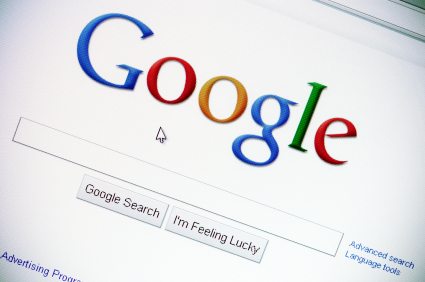The company said net income in the first quarter was $2.89bn (£1.8bn), up 60 per cent from the same period last year, with Google’s quarterly revenues also exceeding $10bn, with more than half of that coming from outside the US.
The BBC reports that the firm will create a new class of non-voting stock and effectively split the shares two-for-one. The owner of each existing share will receive one new share of the non-voting stock. As well as generating money through advertising based on search, Google also makes the popular Android mobile phone operating system.
“We also saw tremendous momentum from the big bets we’ve made in products like Android, Chrome and YouTube,” Larry Page, the chief executive, said. “We are still at the very early stages of what technology can do to improve people’s lives and we have enormous opportunities ahead.”
The split attracts new investors but means that the founders, Sergey Brin and Mr Page, and current shareholders will keep control of the company.
In 2004, when the firm went public, the founders said they had “set up a corporate structure that will make it harder for outside parties to take over or influence Google” and they said now that this maintains that approach.
“We have decided that maintaining this founder-led approach is in the best interests of Google, our shareholders and our users,” Mr Brin and Mr Page said in their latest founders letter.
“Having the flexibility to use stock without diluting our structure will help ensure we are set up for success for decades to come.”
“In fact, there’s no particular urgency to make these changes now—we don’t have an unusually big acquisition planned, in case you were wondering.”
The firm said that revenues from the UK were $1.15bn in the quarter, or 11 per cent of the total.
Google said that its aggregate paid clicks, or people who clicked on ads on Google and its partner sites, rose 39 per cent from the first quarter of 2011.
Last year, Google launched Google+, a social network to rival on Facebook.
